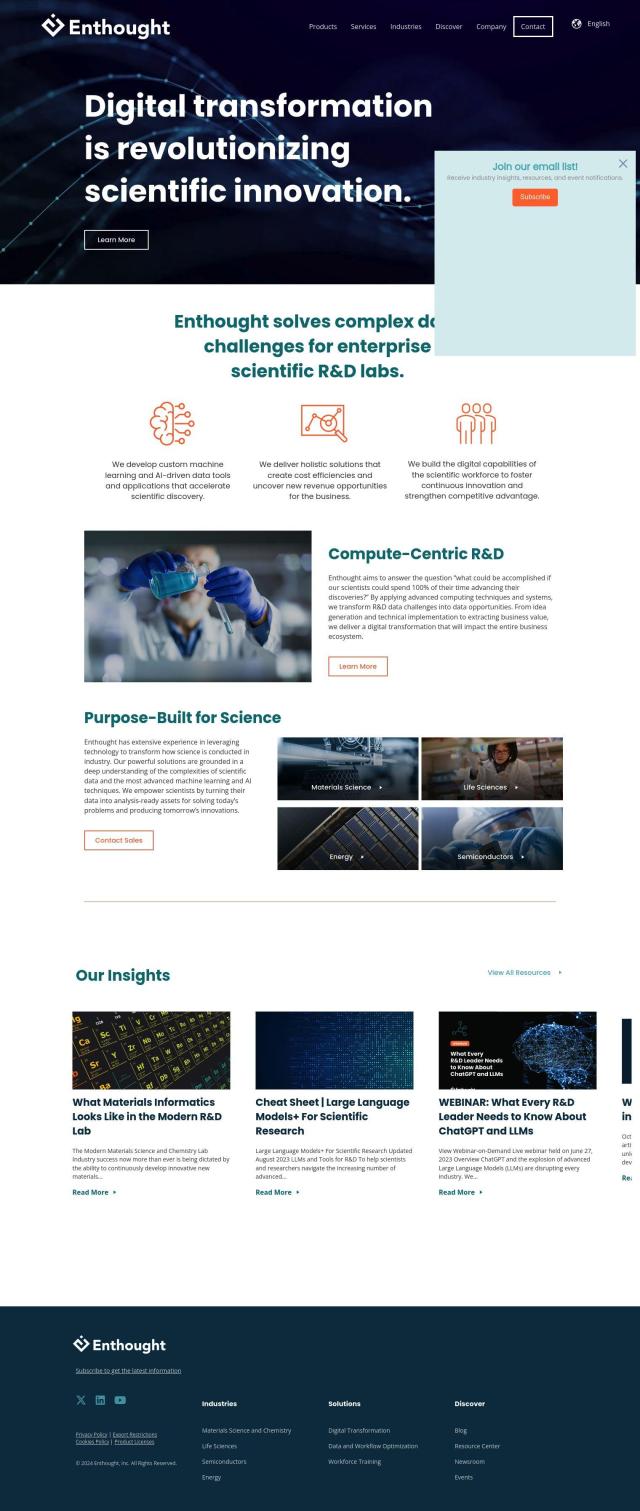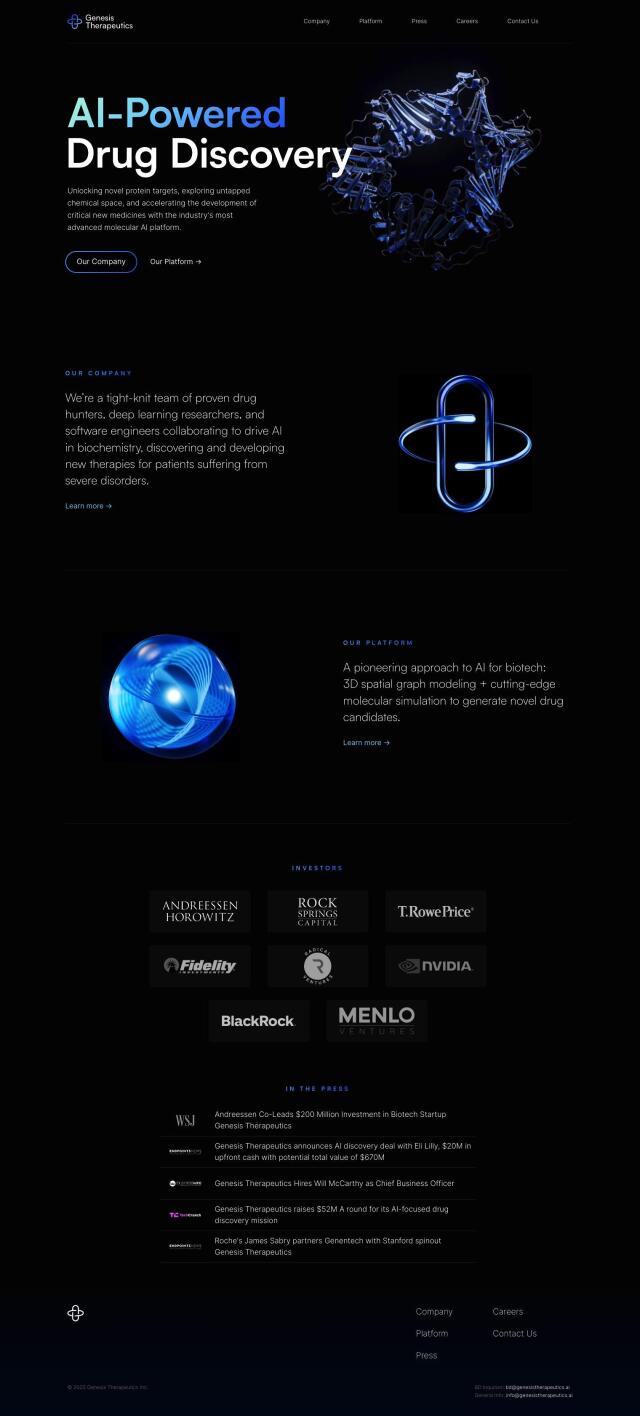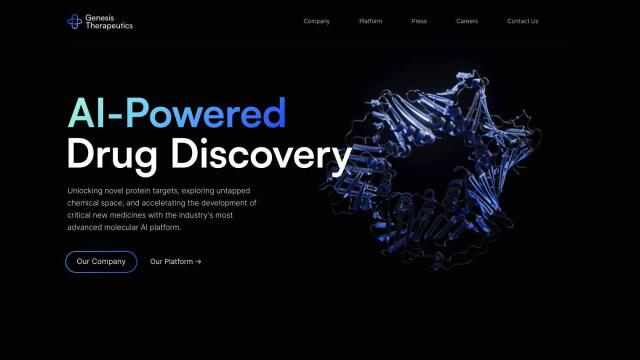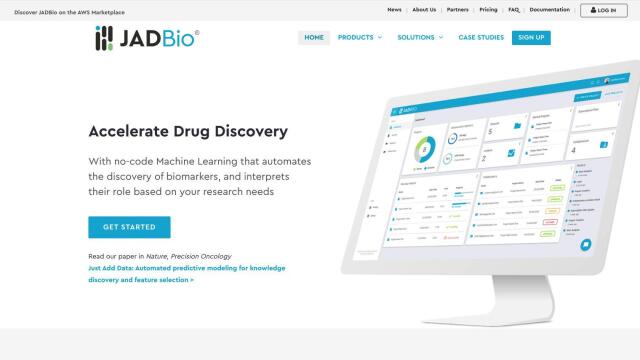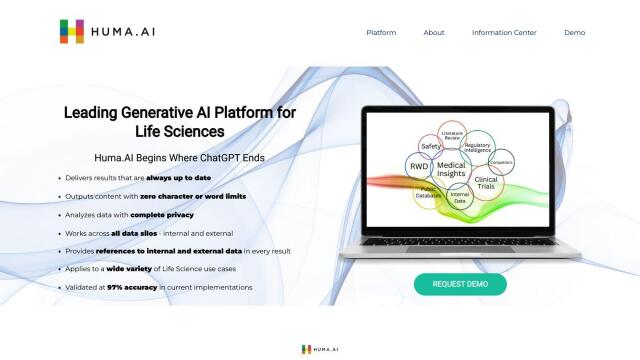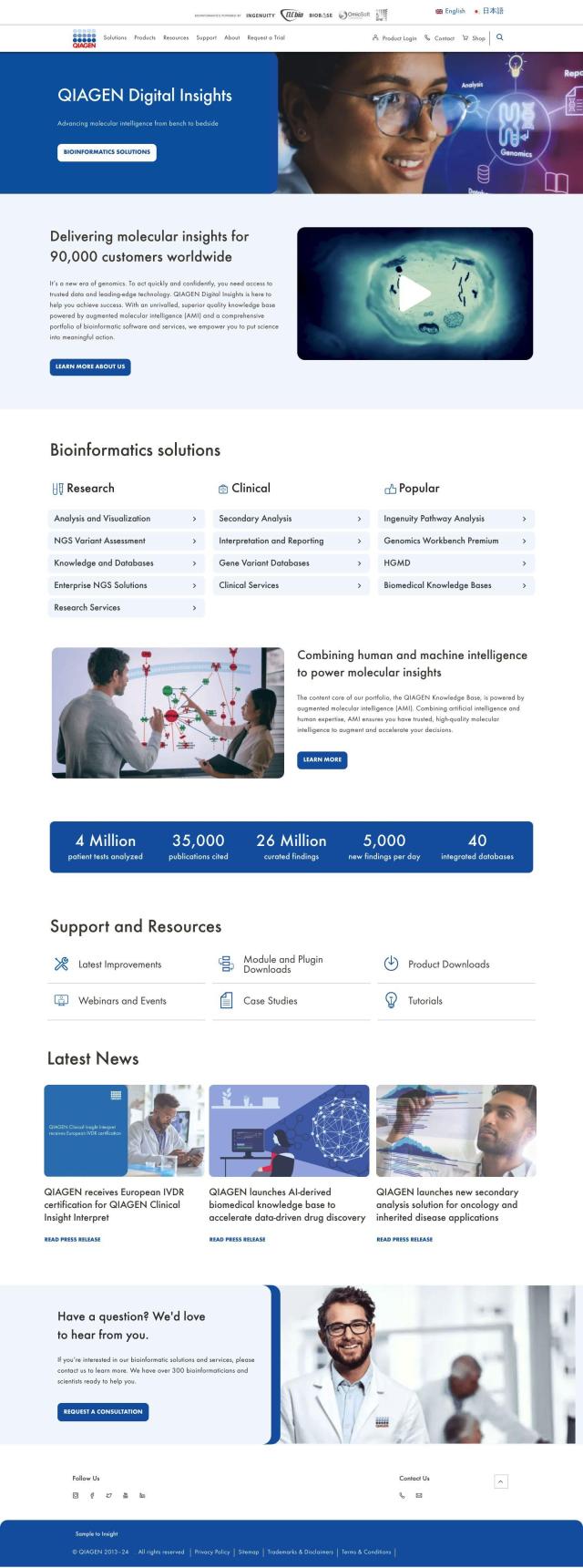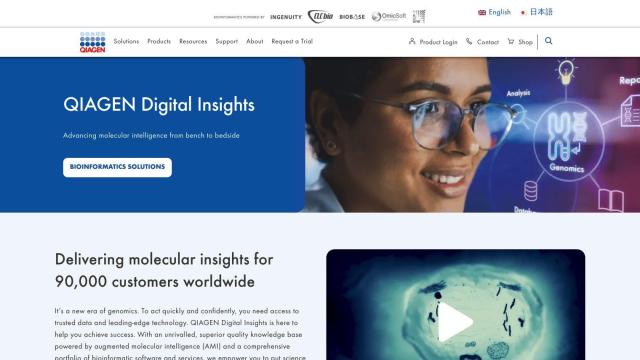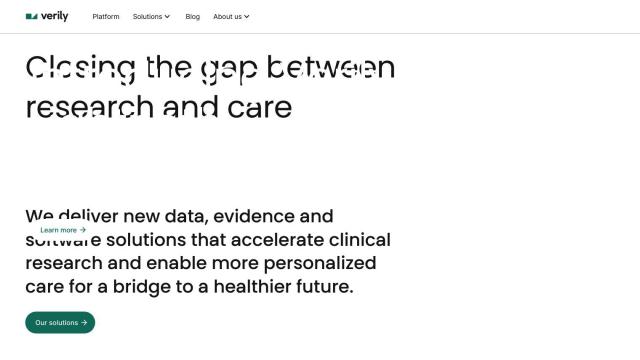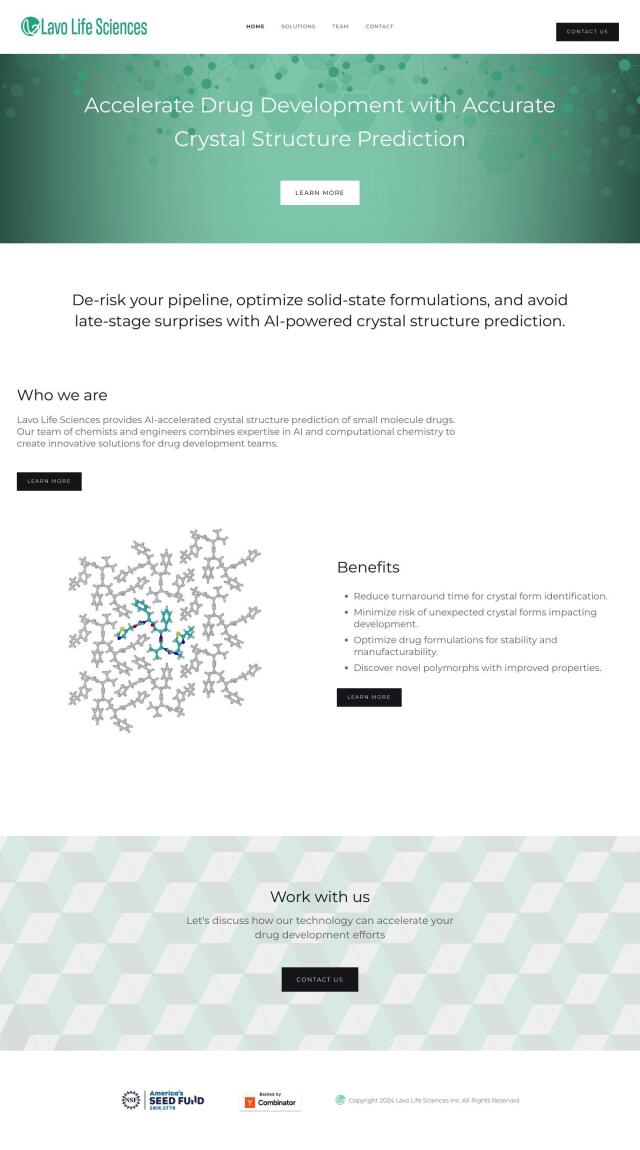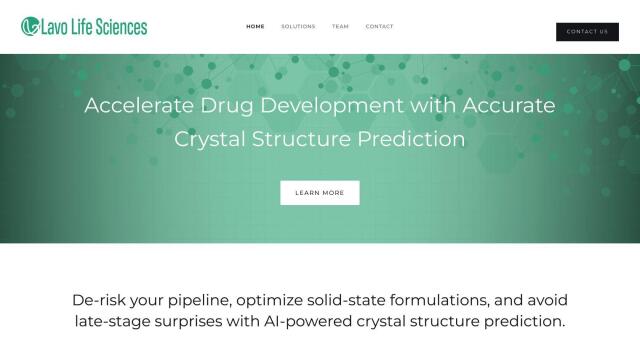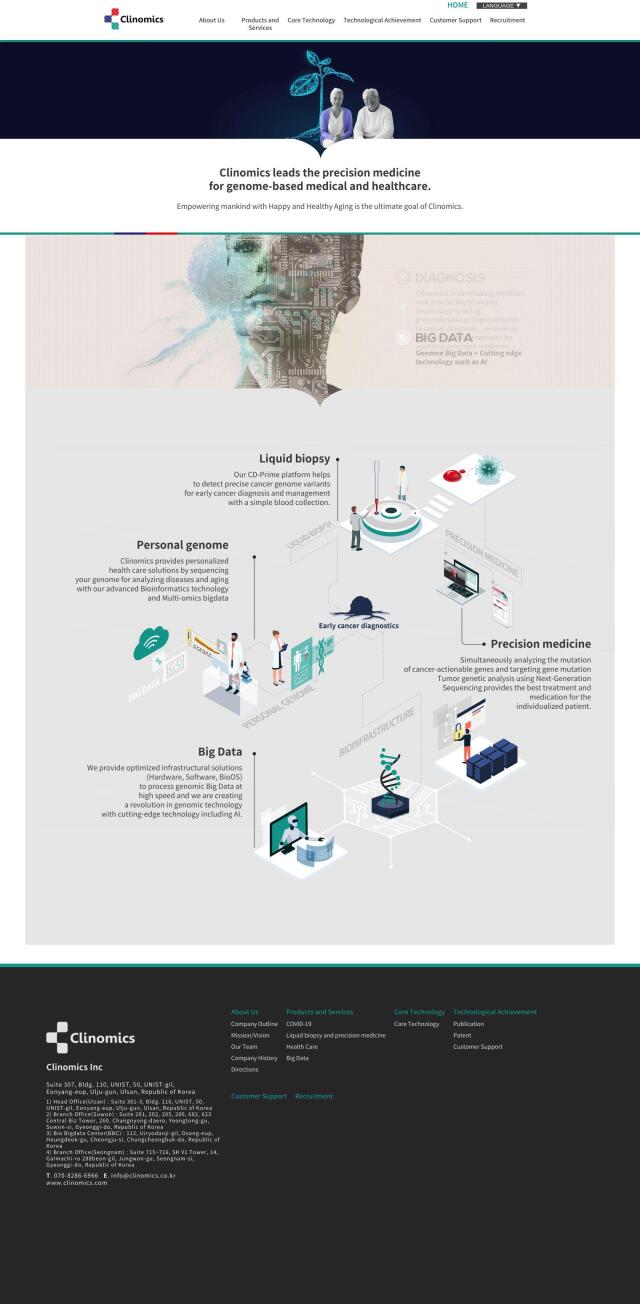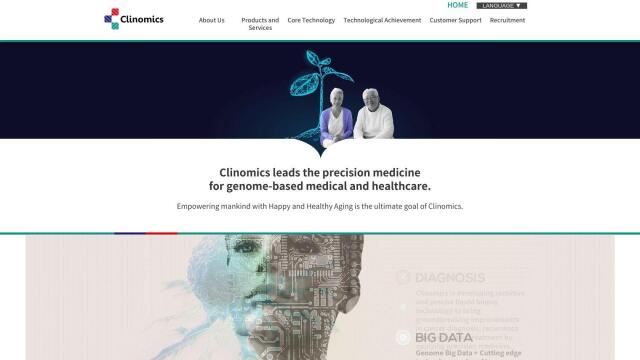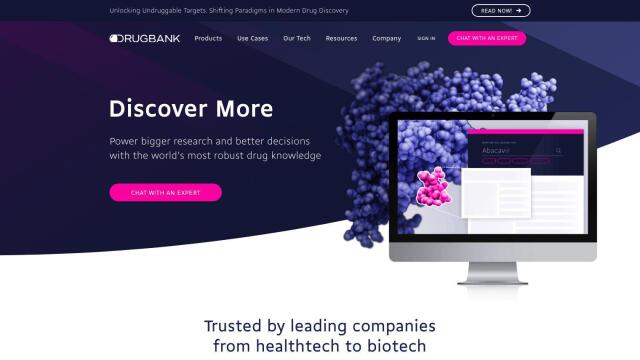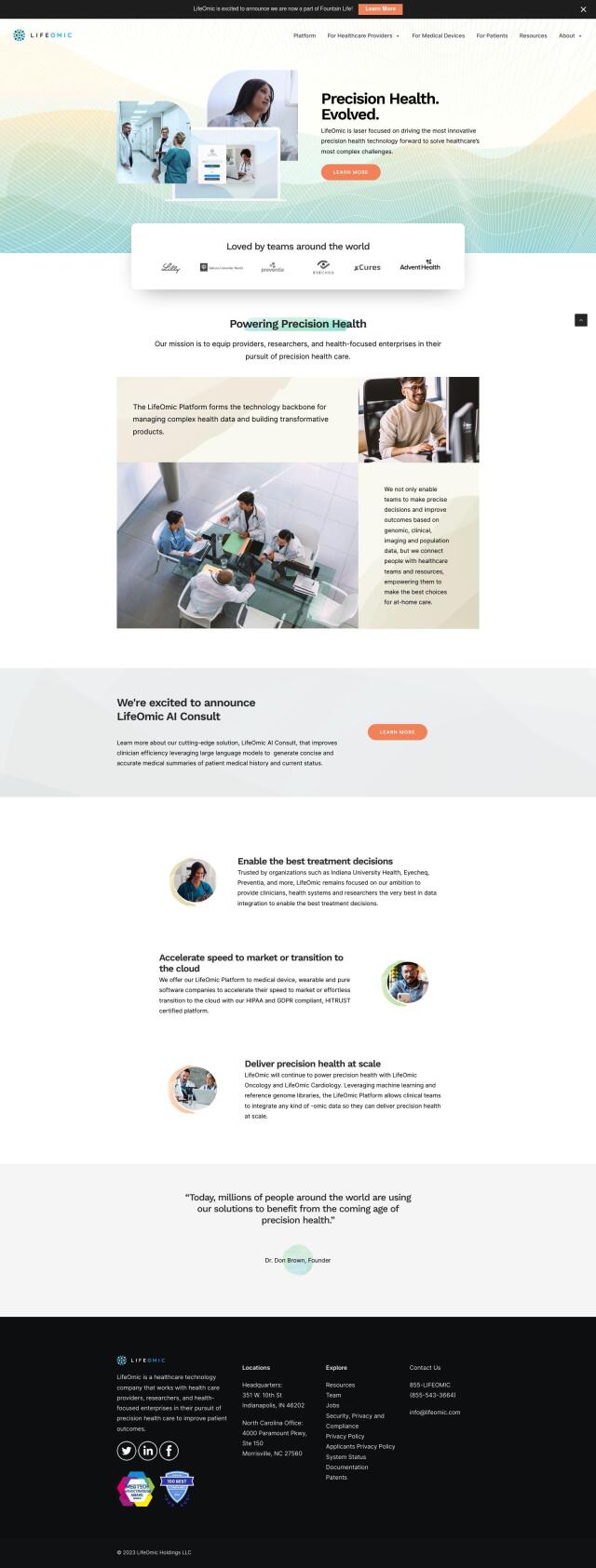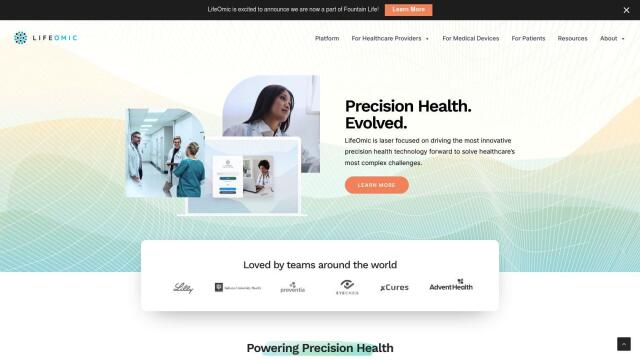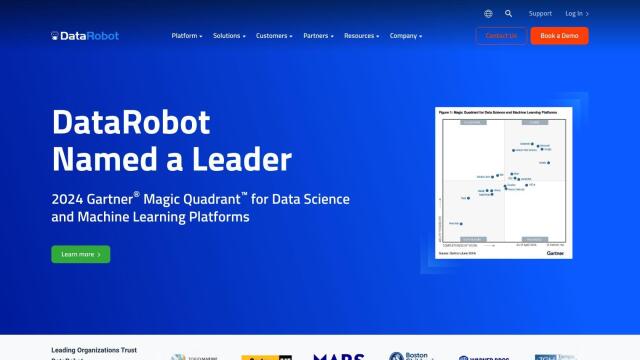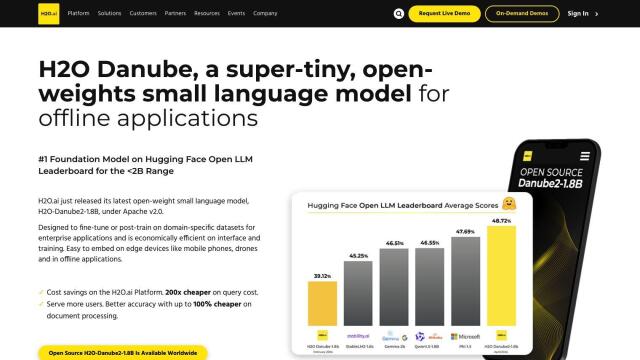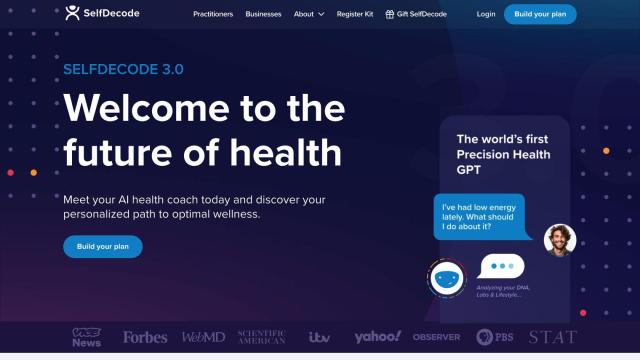Question: I need a system that enables the generation of reliable and predictive organoids at scale for drug discovery and personalized medicine.

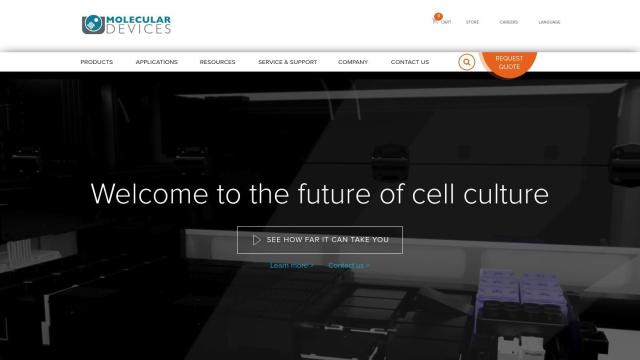
Molecular Devices
If you're looking for a system to generate reliable and predictive organoids at scale for drug discovery and personalized medicine, Molecular Devices offers a comprehensive solution. Their 3D Ready Organoid Expansion Service manufactures quality-controlled organoids at scale, and the Organoid Innovation Center provides a collaborative space with automated workflows. These solutions can significantly speed up the development of life-saving therapeutics by enabling researchers to move to more complex, physiologically-relevant 3D cell models.

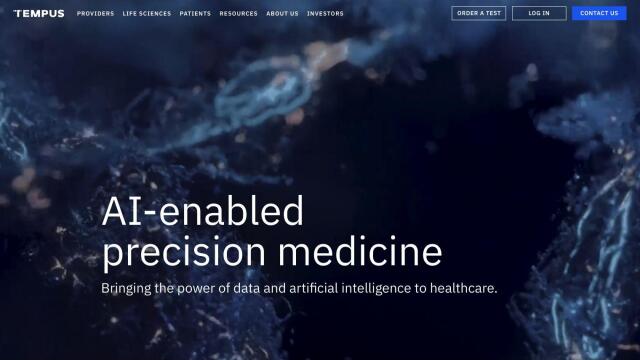
Tempus
Another noteworthy platform is Tempus, an AI-powered precision medicine platform that provides insights to improve cancer treatment. The platform includes tools like a clinical assistant, care gap identifier, and multimodal real-world data analysis. Tempus has been validated in scientific publications, including studies on a Pan-cancer Organoid Platform for Precision Medicine, showcasing its ability to predict patient-specific drug responses and increase personalized therapeutic opportunities.

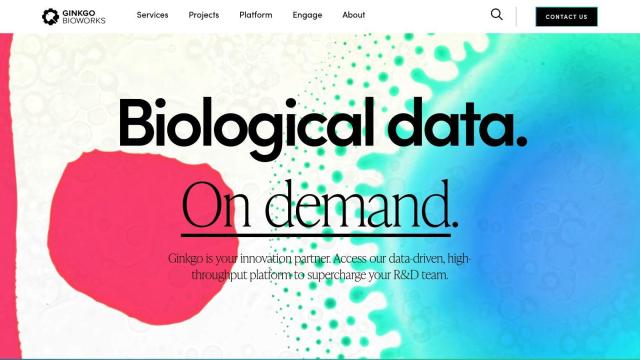
Ginkgo Bioworks
For those needing a cell programming platform, Ginkgo Bioworks offers a variety of services including enzyme, protein, and metabolic engineering. Their platform provides genotype to phenotype data at scale, making it flexible and useful for biopharma applications. This platform helps R&D teams overcome the complexities of biology, enabling them to bring new products to market quickly.

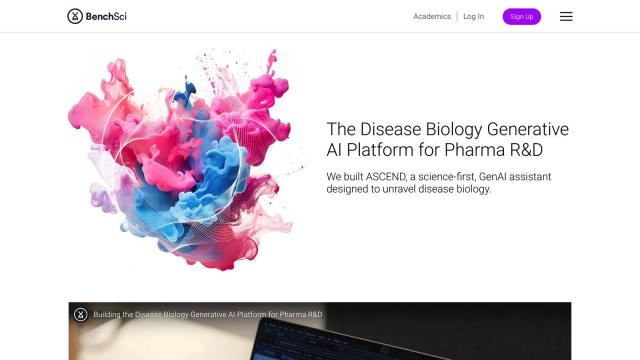
BenchSci
Lastly, BenchSci provides the ASCEND platform, which accelerates drug discovery and complex research workflows with AI-powered information retrieval. ASCEND includes a broad data foundation with multimodal AI that can interpret experiments from text and figures, helping pharmaceutical and biotech organizations improve the speed and quality of their research. It offers features like generative AI-boosted summarization and conversational AI to inform experiment decisions and reduce failures.
